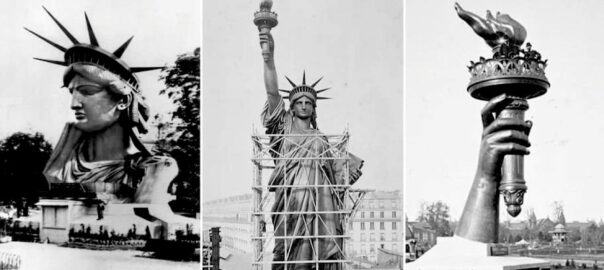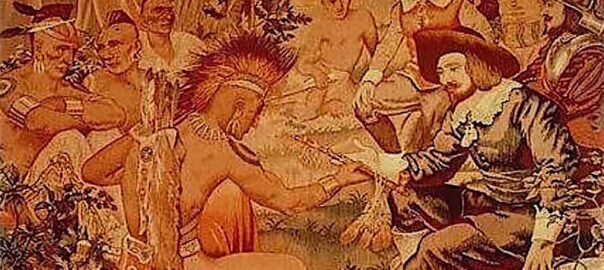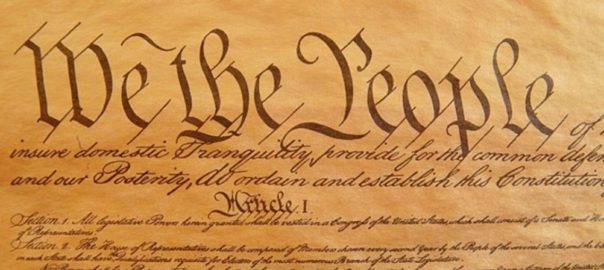
As Kathy and I walk our neighborhood, we occasionally see signs that include a variety of slogans, including, “Science is Real.” This phrase is part of a campaign by climate activists to demonize any “deniers” that question human-caused climate change and support radical proposals to “save the planet because we have only 9, 12, 20, or 50 years left.”
Science is a wonderful part of humankind’s creativity and curiosity. It yields amazing breakthroughs for human flourishing, from healthy foods to medical care, technology for the workplace, and so much more. The founder of the modern state of Singapore was asked about the most important invention of the 20th century. His response? “Air conditioning.” Without it, computers cannot function and billions living in tropical climates cannot be productive. Science is an ever-evolving series of experiments and findings, discussions and discoveries, and the source of much debate! For people of faith, science is a gift from God, part of common grace or natural revelation. Science is not a deity, but the amalgamation of human inquiry. It can be used for good or manipulated for evil.
Human-influenced climate change is tracked using a combination of historical temperature readings, computer modeling, and current observations. Leaving aside exaggerated terms like, “97% all agree that…” or “there is no problem” – how do we sort our facts from ideology? And, just as important, how should consensual science inform economic and social policies affecting billions of people?
Let’s assume that “the science is real” and humankind is having a deleterious impact on the climate. Current solutions emanating from the UN and the West are radical and have little actual impact on global temperatures. Adding to this reality is the fact that we have seen a shift in language from “global warming” to “climate change” because the trends are not conforming to early computer models. Science is being used as a cover to destroy the fossil fuel, natural gas, and nuclear power industries, with inadequate replacements.
The way forward is neither denial nor apocalyptic measures. Good ecological stewardship is good economics. Science is already reducing emissions enormously in the developed world. Alternative energy solutions are emerging, but are not yet cost-effective as complete replacements. And here is the key: Global elites and politicians love greater control over people’s lives and arranging massive transfers of wealth – none of which affect them (unless they benefit)! The losers are middle- and working-class folks around the world that need affordable energy. We can improve the environment and ensure all can flourish without impoverishing billions for the wallets and power grabbing of a few. We need a concomitant strategy of improving the emissions of current sources while developing low-cost alternatives. As the science catches up to our dreams, we can see a better world without chaos and the loss of liberty.




